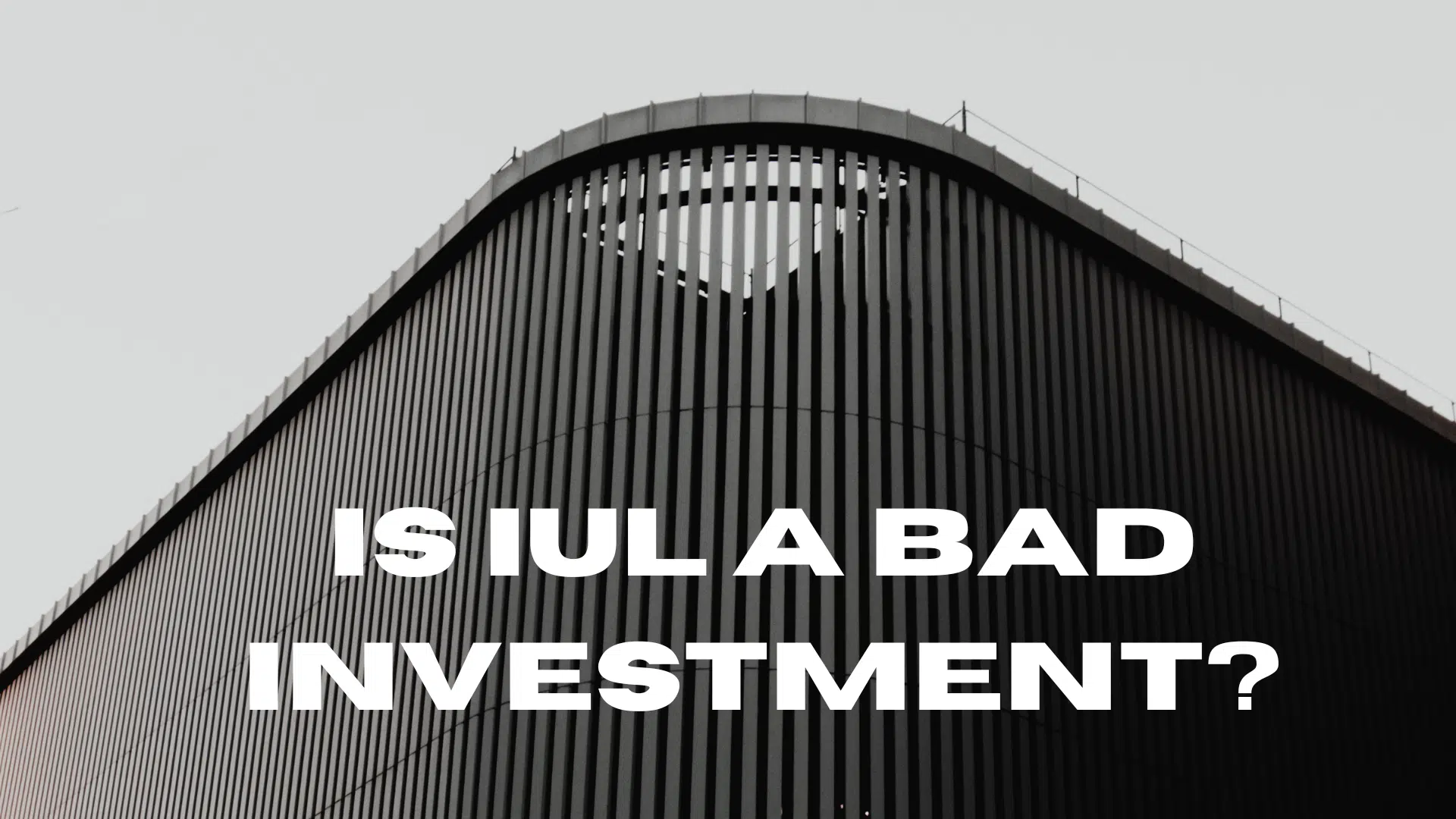
When it comes to retirement planning, most people automatically think of traditional vehicles like 401(k)s, IRAs, and mutual funds. But what if there was a way to leverage your 401(k) for something more lucrative and secure—like real estate? This article will explore how you can use your investing 401(k) in real estate, why this might be a smart move, and what you need to know before diving in.
Why Consider Real Estate For Your 401(k)?
One of the biggest perks of real estate investing is its potential for higher returns compared to the stock market. Unlike stocks, real estate is a tangible asset that often appreciates over time, offering passive income through rent or profits from property sales. It’s a stable investment that can help diversify your portfolio and protect against market volatility.
By using your 401(k) to invest in real estate, you’re essentially allowing your retirement funds to grow through an asset that tends to hold or increase its value. This can be especially beneficial during market downturns, as real estate is less prone to sharp declines compared to stocks.
The Benefits of Investing 401(k) in Real Estate
1. Tax Advantages
One of the most compelling reasons to consider real estate investing through your 401(k) is the potential for tax benefits. Generally, any increase in your 401(k) is subject to tax deferral, indicating that you will not be liable for taxes on the earnings until you take out the money. When you pair this with real estate’s ability to generate income through rents or appreciation, you’re setting yourself up for a tax-efficient retirement strategy.
2. Diversification
401(k)s are traditionally tied to the stock market, making them vulnerable to its fluctuations. By diversifying into real estate, you reduce your reliance on the market and add an additional layer of security to your portfolio. Real estate tends to perform well even when stocks are down, making it a great way to balance out your retirement savings.
3. Tangible Asset
Unlike stocks or mutual funds, real estate is a physical, tangible asset that you can see and manage. This aspect of control appeals to many investors, as you have more say over the management and improvement of your investment. With real estate, you can actively work to increase the value of your asset, either through renovations or property management.
How To Invest 401(k) In Real Estate
1. Self-Directed 401(k)
To direct your 401(k) funds into real estate investments, it is crucial to set up a self-directed 401(k) account. This type of account differs from conventional 401(k) accounts, which restrict investments to stocks, bonds, and mutual funds. A self-directed account, on the other hand, provides the flexibility to invest in a wider array of assets, including real estate.
With a self-directed 401(k), you can purchase real estate directly, either through outright purchases or fractional ownerships like real estate syndications. However, keep in mind that the property must be for investment purposes only. You cannot use it as a personal residence, and any income generated from the property must be funneled back into the 401(k)
2. Real Estate Syndications
If managing a property yourself seems overwhelming, consider investing in a real estate syndication. This is essentially a group of investors pooling their money to invest in larger, income-generating properties like apartment buildings or commercial spaces. Syndications offer a way to invest in real estate passively, as you won’t be responsible for managing the property directly. Instead, the syndication’s sponsor takes care of all the day-to-day operations.
The great thing about syndications is that they often offer preferred returns of around 6-8% per year. This is on top of the potential for appreciation when the property is sold.
Risks To Keep In Mind
Although investing in real estate can be highly profitable, it also carries certain risks. Real estate markets can be unpredictable, and there’s always the potential for property devaluation, unexpected maintenance costs, or tenant issues. Additionally, using your 401(k) for real estate can be complex, particularly when it comes to tax regulations and the rules around prohibited transactions.
1. Liquidity Issues
Real estate is not a liquid asset. Unlike stocks, which can be sold relatively quickly, real estate investments often take time to sell. This means that if you need access to your funds quickly, real estate may not be the best option. However, if you’re comfortable with a longer-term investment, the benefits can outweigh this drawback.
2. Potential For Loss
Like any form of investment, there exists an inherent risk of incurring losses. While real estate has the potential for high returns, it also comes with risks, including the possibility of losing your entire investment. This is especially true if you’re not careful about the properties you invest in or the markets you choose.
3. Management and Maintenance
Should you opt to invest directly in real estate instead of participating in a syndication, you will take on the responsibility for the continuous management of the property. This includes finding tenants, handling repairs, and managing finances. If you’re not prepared for this level of involvement, a passive investment option like syndications might be a better fit.
Solo Investing 401(k) Real Estate
Investing in real estate through a Solo 401(k) offers several significant advantages. Primarily, it allows for tax deferral, meaning that taxes on any income or gains are postponed until retirement, when distributions are taken. This feature maximizes the benefits of compounding returns.
- It is widely recognized that Albert Einstein declared compound interest to be the eighth wonder of the world. Those who comprehend it benefit from it, while those who do not end up paying it.”
For Solo 401(k) account holders, taxes can be deferred until they reach the age of 73, at which point Required Minimum Distributions (RMDs) are required for the year 2023. However, individuals may begin to take distributions without facing early withdrawal penalties starting at age 59 1/2. These distributions are liable to income tax.
Additionally, investors have the option to utilize their Solo 401(k) to secure a non-recourse loan for real estate purchases. It is important to note that if an investor acquires real estate solely through their IRA and earns over $1,000 in annual income, it may result in Unrelated Business Taxable Income (UBTI) or Unrelated Debt Finance Income (UDFI), with UBTI tax rates potentially reaching as high as 37%. Nevertheless, under tax code 514(c)(9), Solo 401(k)s are exempt from the same income taxes that apply to Traditional or Roth IRAs.
However, it is essential to recognize that losses can be a disadvantage of a 401(k). Since taxes are not paid on contributions, there are no tax deductions available for losses. Furthermore, losses may also arise from the real estate investment itself.
In such instances, there is no mechanism to recover those losses, resulting in a decline in the value of the retirement account. Ultimately, the importance of patience cannot be overstated in the context of an effective investment strategy.
Conclusion: investing 401k in real estate
If you’re looking for a way to diversify your retirement savings and aren’t afraid of taking on a bit more complexity, investing 401(k) in real estate could be a smart move. By using a self-directed 401(k), you gain access to a wide range of real estate investment options, from direct property purchases to passive syndications.
However, it’s important to do your research and work with experienced professionals who can guide you through the process. Investing in real estate has the potential to significantly enhance long-term wealth; however, it is a decision that should be approached with careful consideration. Consider your financial goals, risk tolerance, and time horizon before making the leap.
By diversifying your 401(k) to invest in real estate, you’re taking a step toward a more robust and resilient retirement strategy. Real estate offers stability, growth, and tax benefits that can help you achieve the financial freedom you’re aiming for in your golden years.





